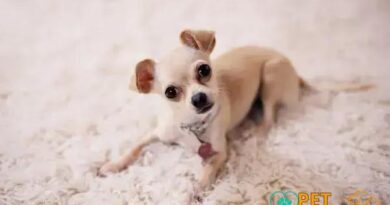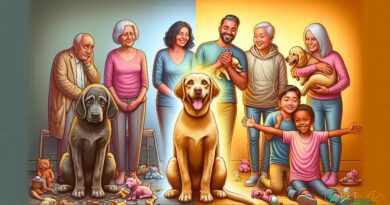What is Roda
What is Roda?
The term “Roda” refers to a specific type of dog training technique that focuses on enhancing a dog’s physical and mental abilities through structured activities. This method is designed to create a strong bond between the dog and its owner while promoting obedience and discipline. Roda techniques can vary widely, incorporating elements of agility training, obedience drills, and even interactive play sessions that stimulate a dog’s natural instincts.
Origins of Roda Training
Roda training has its roots in various traditional dog training methods, drawing inspiration from both ancient practices and modern behavioral science. The approach emphasizes positive reinforcement, ensuring that dogs are rewarded for good behavior rather than punished for mistakes. This philosophy not only fosters a more enjoyable training experience but also encourages dogs to learn more effectively, making Roda a popular choice among dog trainers and owners alike.
Key Components of Roda
At the heart of Roda training are several key components that contribute to its effectiveness. These include consistency in commands, the use of rewards such as treats or praise, and the incorporation of fun activities that keep dogs engaged. By maintaining a structured yet flexible training environment, Roda allows for adjustments based on the individual dog’s needs and personality, ensuring a personalized approach to learning.
Benefits of Roda Training
One of the primary benefits of Roda training is the enhancement of the dog’s physical fitness. The activities involved often require agility, strength, and coordination, which help to keep dogs healthy and active. Additionally, Roda fosters mental stimulation through problem-solving tasks and interactive games, reducing the likelihood of behavioral issues stemming from boredom or excess energy.
Roda and Dog Behavior
Understanding dog behavior is crucial for effective Roda training. By observing how dogs respond to various stimuli, trainers can tailor their methods to suit each dog’s unique temperament. This adaptability not only improves training outcomes but also helps in addressing specific behavioral challenges, such as anxiety or aggression, making Roda a versatile tool in dog training.
Implementing Roda Techniques
To implement Roda techniques successfully, owners should start with basic commands and gradually introduce more complex tasks as their dog becomes more proficient. Consistency is key; using the same commands and rewards helps reinforce learning. Incorporating play into training sessions can also enhance the experience, making it enjoyable for both the dog and the owner.
Common Misconceptions about Roda
Despite its growing popularity, there are several misconceptions about Roda training. Some people believe that it is solely focused on physical activities, overlooking the mental aspects that are equally important. Others may think that Roda is only suitable for certain breeds, when in fact, it can be adapted for dogs of all sizes and temperaments, making it an inclusive training method.
Roda in Competitive Dog Sports
Roda training is often utilized in competitive dog sports, where agility and obedience are paramount. Many trainers incorporate Roda techniques to prepare their dogs for competitions, ensuring they are not only physically fit but also mentally sharp. This preparation can lead to improved performance in events such as agility trials, obedience competitions, and even canine freestyle.
Finding a Roda Trainer
For those interested in exploring Roda training, finding a qualified trainer is essential. Look for trainers who have experience with Roda techniques and a solid understanding of canine behavior. Many trainers offer classes or workshops that can provide valuable hands-on experience, making it easier for owners to implement Roda methods effectively at home.



